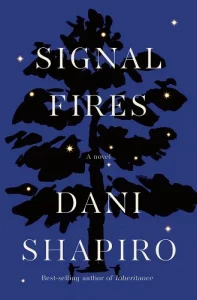I think most readers are familiar with the struggle of getting out of your comfort zone. Most of us have TBR piles miles high — personally I know that I have a bajillion “want to reads” on Goodreads, an dedicated note in my phone for titles, and recommended authors scrawled in the edges of my journal. I’ll never read all the books I want to, that’s a given. But, like many others, I’ve realized that while I might love a certain genre (ahem, literary novels and YA fantasy), it’s almost always worth it to make myself read something that might broaden my mind in another way.
I grew up in a very science-and-math-oriented home (ironically I’m getting not one but two degrees in English), so even though I ended up taking a different path, I still find science so interesting — especially biology. Of course, I’m not a scientist, so I’m not going to jump into a thousand-page work on something I don’t understand, and I don’t expect you to, either. But, if you’re looking for something a little more challenging and accessible to the everyday reader, I think these three books are a good start.
The Hot Zone: A Terrifying True Story by Richard Preston
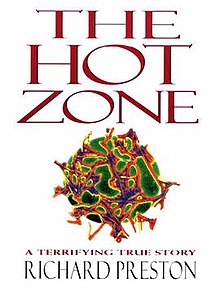 Terrifying, indeed. Remember the ebola outbreak a few years back? Do y’all know how close we got to that being out in the wild, how many times before that instance where the virus was unknowingly handled in the wrong place at the wrong time without proper procedures? Well, if you read this book, you will. You’ll get to see just how unstoppable these viruses are, how they mutate and move among populations, the times they’ve gotten frighteningly close to cities like Washington, D.C. You’ll see scientists struggle with tracing different strains and keeping them contained, the decisions made behind closed doors. The entire thing reads like a thriller, including dialogue — except unfortunately, it’s all real and has happened. But I can promise that by the end, you’ll feel at least a little unsettled, and a lot more knowledgable.
Terrifying, indeed. Remember the ebola outbreak a few years back? Do y’all know how close we got to that being out in the wild, how many times before that instance where the virus was unknowingly handled in the wrong place at the wrong time without proper procedures? Well, if you read this book, you will. You’ll get to see just how unstoppable these viruses are, how they mutate and move among populations, the times they’ve gotten frighteningly close to cities like Washington, D.C. You’ll see scientists struggle with tracing different strains and keeping them contained, the decisions made behind closed doors. The entire thing reads like a thriller, including dialogue — except unfortunately, it’s all real and has happened. But I can promise that by the end, you’ll feel at least a little unsettled, and a lot more knowledgable.
Survival of the Sickest by Sharon Moalem
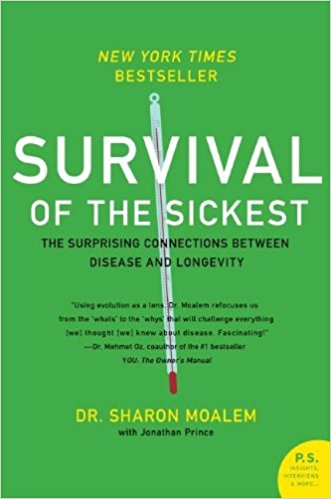 If The Hot Zone sounds a little too intense, don’t worry, this one is less scary and more fascinating. You know how supposedly populations “select” for the strongest and fittest individuals? Well, it’s not entirely that simple. According to Moalem, sometimes gene mutations that don’t seem profitable — such as sickle cell anemia — end up becoming more prevalent in a population because they have some benefit that outweighs the costs in that environment. This read is on the quicker side of things, broken up and organized neatly into sections that are meant for an audience that doesn’t have much knowledge on the subject to begin with.
If The Hot Zone sounds a little too intense, don’t worry, this one is less scary and more fascinating. You know how supposedly populations “select” for the strongest and fittest individuals? Well, it’s not entirely that simple. According to Moalem, sometimes gene mutations that don’t seem profitable — such as sickle cell anemia — end up becoming more prevalent in a population because they have some benefit that outweighs the costs in that environment. This read is on the quicker side of things, broken up and organized neatly into sections that are meant for an audience that doesn’t have much knowledge on the subject to begin with.
Black Hole Blues and Other Songs from Outer Space by Janna Levin
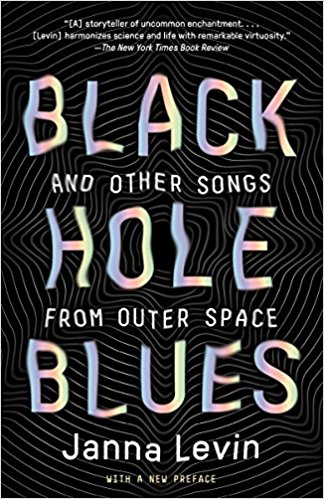 This is one of the more recent reads for me, and delves into the decades-long mission to detect black holes. I’ve already written about it in my monthly recap here, so you can click through and see my review, but in short it is a beautifully-written (though admittedly, sometimes complicated) story that a reader with appreciation for words is sure to enjoy.
This is one of the more recent reads for me, and delves into the decades-long mission to detect black holes. I’ve already written about it in my monthly recap here, so you can click through and see my review, but in short it is a beautifully-written (though admittedly, sometimes complicated) story that a reader with appreciation for words is sure to enjoy.
See y’all later,

